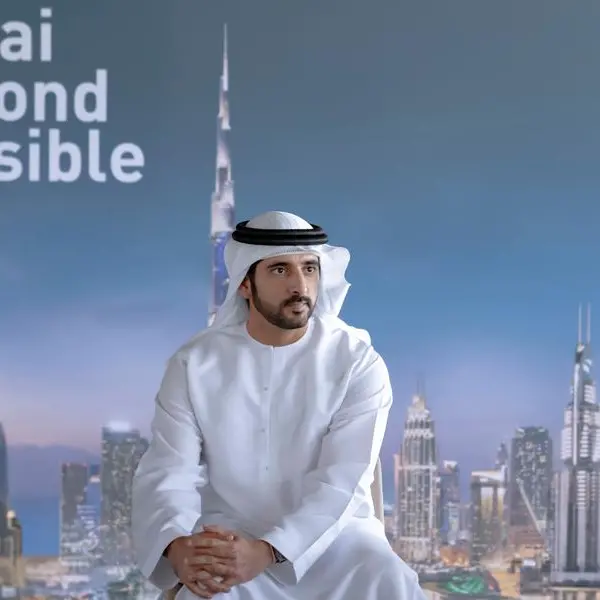PHOTO
GCC ministers and high-level officials attending the 65th Trade Cooperation Committee meeting in Salalah on Thursday discussed a number of topics, including a working paper on creating a permanent committee on investment issues, the framework of a proposed 6+1 meeting of GCC commerce and industry ministers with China, the streamlining of trade laws within the GCC, amendments to the Consumer Protection Law and the Competition Law, and most importantly, the formulation of a unified legislative framework governing e-commerce across the Gulf region.
The ministerial committee agreed to prepare a unified mandatory legislative framework for electronic commerce in the GCC countries, based on flexible principles that help address the challenges that have been identified.
Also deliberated upon was a memorandum from the GCC General Secretariat outlining the recommendations of the Trade Cooperation Committee, which includes subcommittees for Small and Medium Enterprises, Entrepreneurship, Internal Trade, Consumer Protection and Foreign Trade.
The Trade Cooperation Committee, in the presence of Nigel Huddleston, the British Minister of International Trade, also discussed the current position regarding the status of ongoing negotiations on a Free Trade Agreement between the GCC and the United Kingdom.
Speaking at the event, Qais bin Mohammed al Yousef, Oman’s Minister of Commerce, Industry and Investment Promotion applauded the momentous economic development witnessed in the GCC countries guided by the visions of the GCC leaders and supported by GCC General Secretariat. The GCC bloc is currently growing at a rate of about 5.6% of its GDP – the ninth fastest globally in 2022 in comparison with 2021, according to reports issued by the Gulf Statistical Centre and regional and international organisations.
Al Yousef also chaired the consultative meeting of GCC ministers of commerce and industry, and heads of the unions and chambers of the GCC States. The meeting discussed efforts to facilitate and accelerate customs procedures between the borders of the GCC countries, address impediments in the flow of goods between the Gulf states, integrate Gulf strategies in the field of transport and logistics services in partnership with the private sector, and explore new regulation to give preferential treatment to local content, among other initiatives to strengthen economic growth across the bloc.
2022 © All right reserved for Oman Establishment for Press, Publication and Advertising (OEPPA) Provided by SyndiGate Media Inc. (Syndigate.info).





















